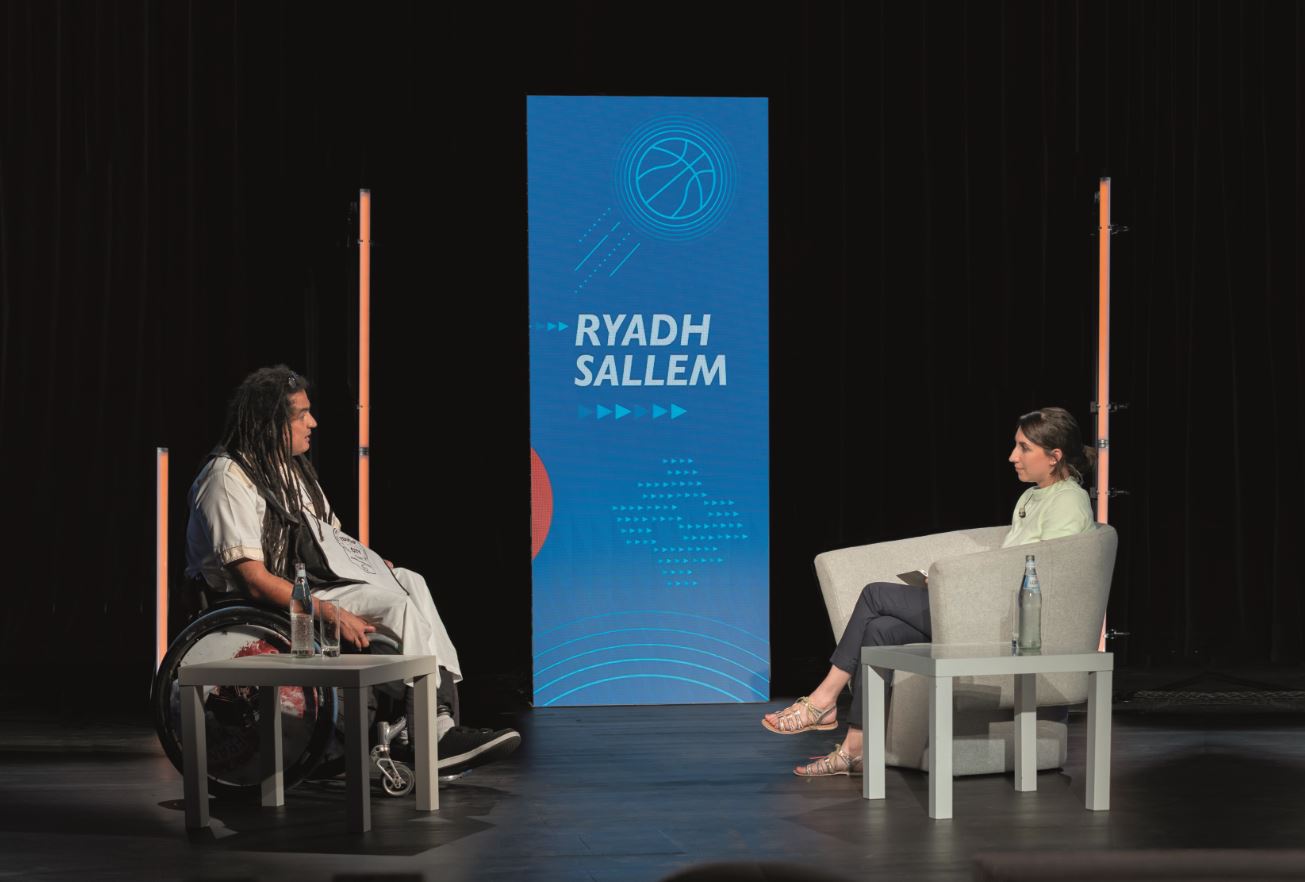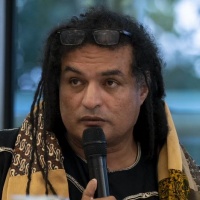Envisioning a World for Tomorrow

Tribune of Ryadh Sallem
"
The lockdown to which we have all been subjected and the health crisis that has shaken — and still shakes — humanity have been a constant source of questioning. Confinement, imposed by an invisible and unknown enemy, has succeeded in freezing more than half of the planet.
After the inevitable astonishment, many of us believed - in naive and sincere impulse - that everything was going to change, that choices and lifestyles were going to be significantly modified to move towards a better individual and collective, agreed by all. Is it the case? On the contrary, aren't we witnessing an indiscriminate and memory-less revival of an ever greedier world of the past? As if we were coming out of a drastic diet, immediately followed by weight gain, as important as the hope of weight reduction had been intense. And here we are again, suffering from the same bulimia, forced to consume in a frenzied way to restart the gears of this "famous" world of before.
For the engaged citizen, not the decision-maker, but the curious and active member of society, of the associative sphere and entrepreneurship, it is important to influence the course of events by breaking taboos and challenging long-held prejudices. The question then arises as to the expectation of a new, quickly-obsolete world: just enough time to glimpse at a few fish through this newly-cleared water, before it became troubled again. This unprecedented confinement has only revealed the tragedy of our world, our way of looking at it with, a climax, the duet "good vs evil", without any nuance. Should we have hoped for good after all this evil? Probably not. Even during this time "above ground", the imposed reading grid, that of the media and social networks, has remained immutable and many can testify to this.
Committed citizens, forced to postpone their associative missions to better days - these famous "better days" - have accompanied tremendous outbursts of solidarity, especially in stigmatised neighbourhoods. For example, daily food distributions carried out by young people who are so often humiliated, yet on the bridge from morning to night, at Rungis or in buildings, without ever baulking or giving up. Invisible, with enthusiasm and generosity, they have regained their dignity by accompanying other young people in a spirit of renewed solidarity. We have not seen much of them on television or in the newspapers where all the self-proclaimed specialists took turns to maintain the torments of the world before them by focusing on two or three exactions that overshadowed the great majority of these humanist commitments. And yet, here it was the world of tomorrow, in those joyful and courageous young shoots, in all those movements and events that punctuated the daily life of confinement. It was germinating. We just had to seize it to bring it to maturity, but everyone quickly fell back into their own ways, into their addiction to the screens, to the news, which chase each other, without verification, in the race for the sordid, the ugly, the detestable, and often the mercantile.

Last 15th September, Ryadh Sallem was the great guest of the Luxembourg Sustainability Forum. An interview conducted by Nancy Thomas, Director of IMS Luxembourg.
The fear is there, in the observation of this damaged and breathless world that is returning at a gallop, ever more dematerialised, delivered to algorithms, artificial intelligence, the Gafam. If the confinement has nevertheless served a purpose, it has revealed an ecosystem that asphyxiates, imposes and leaves no free will to human citizens. The conclusion is clear, and the effect is mercilessly magnifying: it is dysfunctional. So, what could be the proposals and possible outcomes?
They are all stubbornly based on an ecological and egological reading of our immediate actions and behaviours, a necessary reconsideration of our environment, of our Earth, of Mother Nature. We have of course observed some sketches along these lines, but they must be steadily intensified.
We must consume differently, stop impoverishing overused and mistreated land, respect cycles and seasonality, and regain our place on a generous and prolific nourishing land, made sterile.
For everything has a price and is kept in a few hands, greedy for power, enrichment and enslavement. The free and abundant fertility of life is neutralised by exhausting the natural cycles, by exchanging seeds and grains to enrich more and more soulless merchants. We buy air, land, water, and all the resources that are running out and dried up without the slightest hesitation from those involved in mercantilism.
So, could we still sow the seeds of a future world? By calling for an ecological reading of our way of living among the living. All the living, with no exception, who possess the same right of living on this Earth as us, humans. Each one has its place, including at the heart of the mineral architecture of the cities that must be planted to host true biodiversity, vital for humankind. And if a Ministry of Urban Policy once existed, why not create a Ministry of Living Policy?
Lockdown made us realise that life is fragile and that each one of us is precious. Each life, human and animal, is unique in its specificity. And the only standard to which we must adhere is precisely that of difference. In the next civilisation, let's hope it will be the norm. The "systemic" adjective is very often used. Everything - the best and the worst - has become "systemic". Hence we have to create systems and organisations rejecting standardisation, welcoming diversity and keeping up with everyone's pace. Systems must respect differences and not format them to neutralise them. Each rhythm provides for the other. There is an old saying that you should not put all your eggs in one basket. We must refuse gregarious instinct and conformism.
How can we envision tomorrow's world? With a biodiversity ecological component, to reconnect with our planet — the only one we have to date and yet mistreat. And then undoubtedly, soon enough, humanity, in this great brotherhood it discovered through its fear of a virus, will build a common destiny based on the pollination of space. Let's get out of this addiction to the economy of death by opening ourselves to the economy of life. And what if all these billions were used to recover the original identity to which everyone is entitled? Like Noah and his ark, humans and animals will embark on a journey to other planets and try to spread good practices there, with strength and humility, respecting the instinct for life. With respect for each life, no matter how small it may be. With as much protection as our ancestors had to protect the small flame recovered from a blessed lightning strike when they did not yet know fire.
Let's make a bet to become enlighted sapiens once again by being nostalgic for the future. Not by being capricious humans but precious ones, like life itself. For let's not forget, nature can provide for everyone's needs, not for everyone's whims.
"
Article published in France Forum, September 2020, n°78.
Get to see the full video of the interview with Ryadh Sallem, great guest of the Sustainability Luxembourg Forum 2020.

To be read also in the dossier "Towards a Society of 'Care'?":


